By using ionizing radiation, food irradiation is an effective way to destroy harmful microorganisms and extend the shelf life.
Food Irradiation: Everything You Need to Know
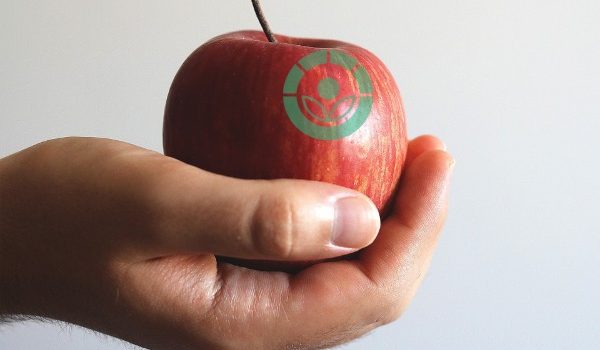

By using ionizing radiation, food irradiation is an effective way to destroy harmful microorganisms and extend the shelf life.
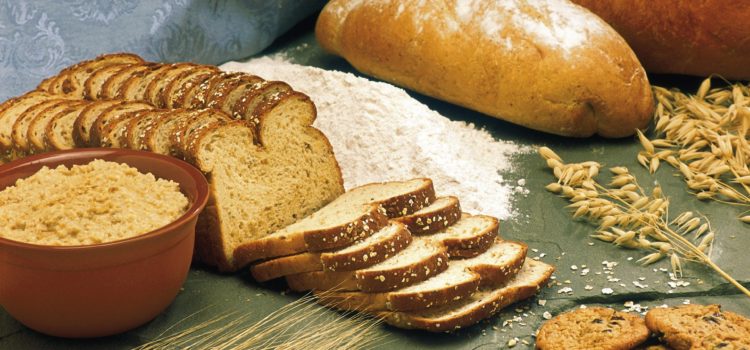
Potassium bromate (E924) peaked in popularity in the 20th century for it improves the overall quality of baked products. It was until the 90’s when countries started banning the use of it in food products. Why is it banned? And
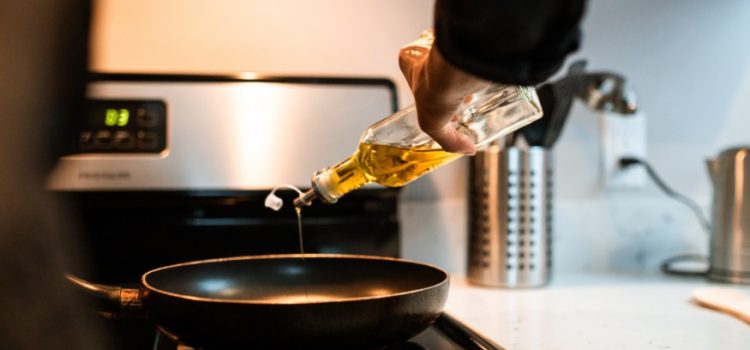
Knowing the smoke point of oils is essential—it saves you from cooking food that is not supposed to taste burnt or bitter
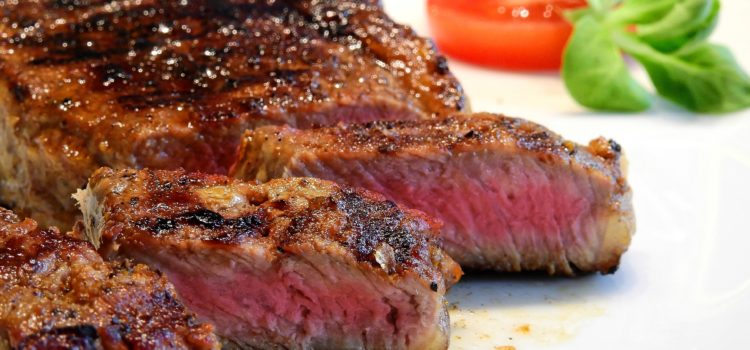
If we are going to involve science here, you would realize that you should not have your steak cooked well done. Here is why.
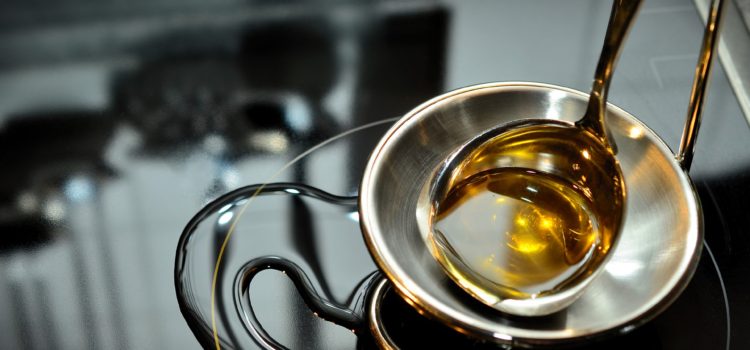
The reuse of cooking oil is totally fine. And to some extent, it is actually even better.
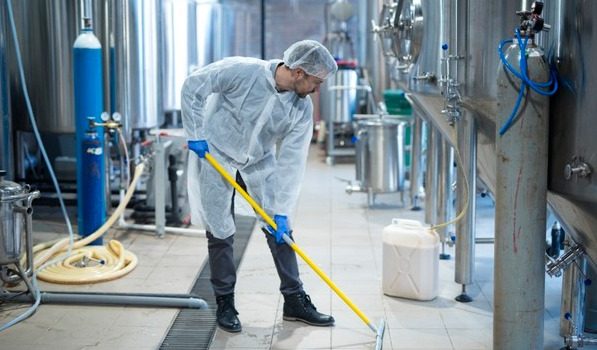
Do you know the difference between cleaning and sanitizing? They are a requirement before any food manufacturing process commence.
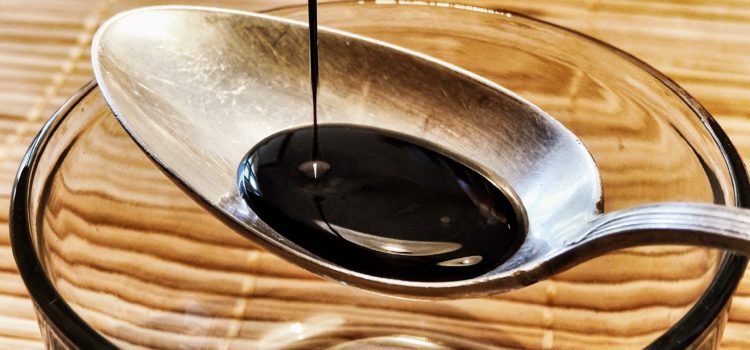
Searching for the necessary information for sodium benzoate (E211) as a food preservative? This post on sodium benzoate is for the curious consumer, student, or food industry professional.
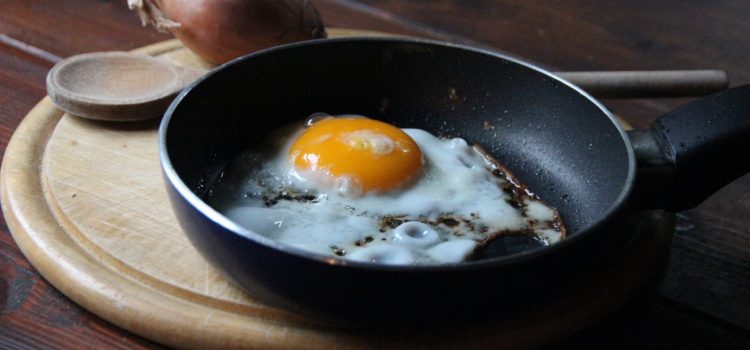
Does your food stick to the pan sometimes when frying? It can be easily avoided when you know how it exactly happens. Learn how.
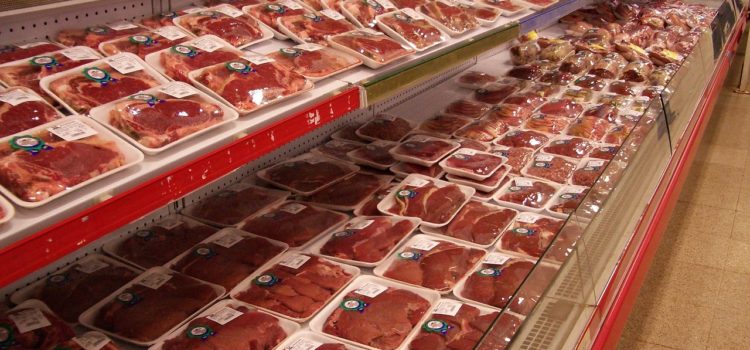
Meat that has turned brown does not automatically mean it has gone bad. And perhaps, opting for such meat is maybe an even better idea.
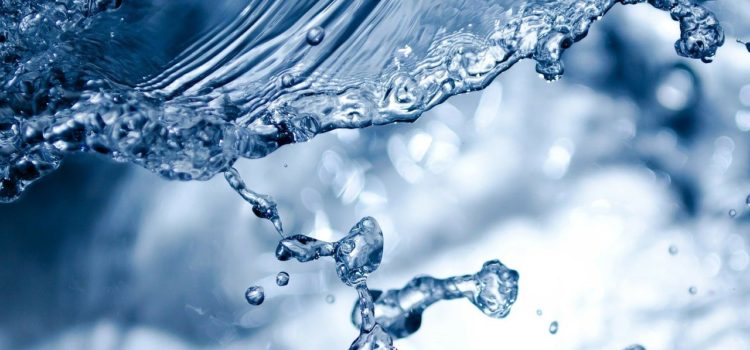
The hardness of water is one of the most essential parameters in many parts of the food industries, particularly in water treatment facilities.